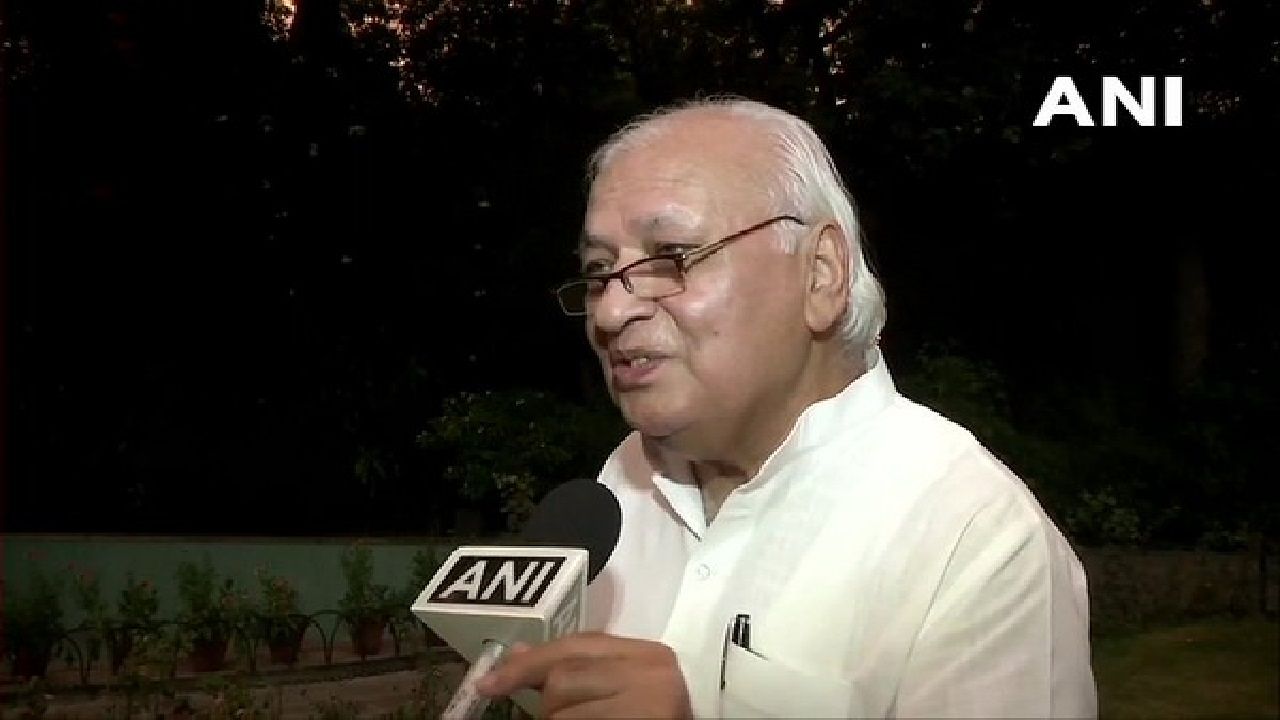Arif Mohammad Khan is where the battle usually is. In 1986, the then 35-year-old Lok Sabha MP from Bahraich quit Congress to protest against the Rajiv Gandhi-led government’s pandering to Islamists over granting maintenance to Shah Bano, a poor woman raising children after being abandoned by her husband.
It was not just another dissent. For a young Muslim politician to take on together radical Islam and the Gandhi family on its home turf required staggering courage.
But courage comes with consequences, even if 34 years later. The Congress, still led by the dynasty, has never quite forgiven him for that insurrection. Now that he is the Narendra Modi government-appointed governor of Kerala, the Congress is tearing into him on the pretext of opposing the new Citizenship Amendment Act (CAA), while the real grouse remains the famously old one.
The ruling Left Front — which uniquely in Kerala takes up the soft-Hindutva space besides appealing to secular minorities — is now eyeing the Islamist vote in a state where the Muslim population is a robust 27 percent.
So, after siding with Islamists in the Hadiya ‘love jihad’ case and going after the Sabarimala tradition, the Left is busy trying to pummel governor Khan into submission.
The Pinarayi Vijayan-led Left government recently forced the governor to read out anti-CAA lines at the Budget session of the Assembly. Khan said he was reading it out since it was the chief minister’s wish, not because he believed in those lines.
Kerala should be the state putting Khan’s progressive Muslim viewpoint, rooted Indianness and immense erudition to better use. No other state — perhaps not even Mamata Banerjee’s West Bengal — has seen such rapid Islamisation.
Kerala has had the highest share of men headed for Islamic State or the ones who actually joined the world’s most savage terror group. Of the 155 such elements recorded by the home ministry till 2019, 40 were from Kerala.
In their Observer Research Foundation paper The Islamic State in India’s Kerala: A Primer, authors Kabir Taneja and Mohammed Sinan Siyech wrote: “In 2016, seeing an increasing number of pro-IS cases in Kerala, specifically the northern belt of the state, law enforcement agencies launched ‘Operation Pigeon’. It was a “de-radicalisation drive” aimed at timely and strategic intervention in an individual’s movement from ‘thought’ to ‘action’ of pro-IS ideology. Among others, agents use social media to monitor youths from certain identified regions of the state and the content they shared on those platforms. According to data collected for the operation, Kerala’s Kannur district had the highest number of people identified for pro-IS inclinations, at 118 (not necessarily arrested, charged or prosecuted), followed by Malappuram (89) and Kasaragod (66).”
Many of the 2019 Sri Lankan Easter bombing accused have Kerala connections, so do a number of jihadis killed by the US forces in Afghanistan, Syria and other places.
While the governor of Kerala fluently quotes in Sanskrit from our ancient scriptures, Islamist groups in the state’s Malappuram district reportedly denied drinking water to Hindu families who supported the CAA recently.
A couple of years ago, the Congress’ youth wing had killed a calf on camera to protest the Centre’s ban on the sale of cattle for slaughter in animal markets.
Arif Mohammad Khan has tirelessly worked for the reformation of Muslim society. He opposed triple talaq and advocated a three-year jail term for offenders. Instead of embracing his modern outlook, Kerala’s two main parties have got down to competitive Islamisation in the name of secularism.
A reminder that one may lead to literacy, but lag pathetically in respecting good education.


